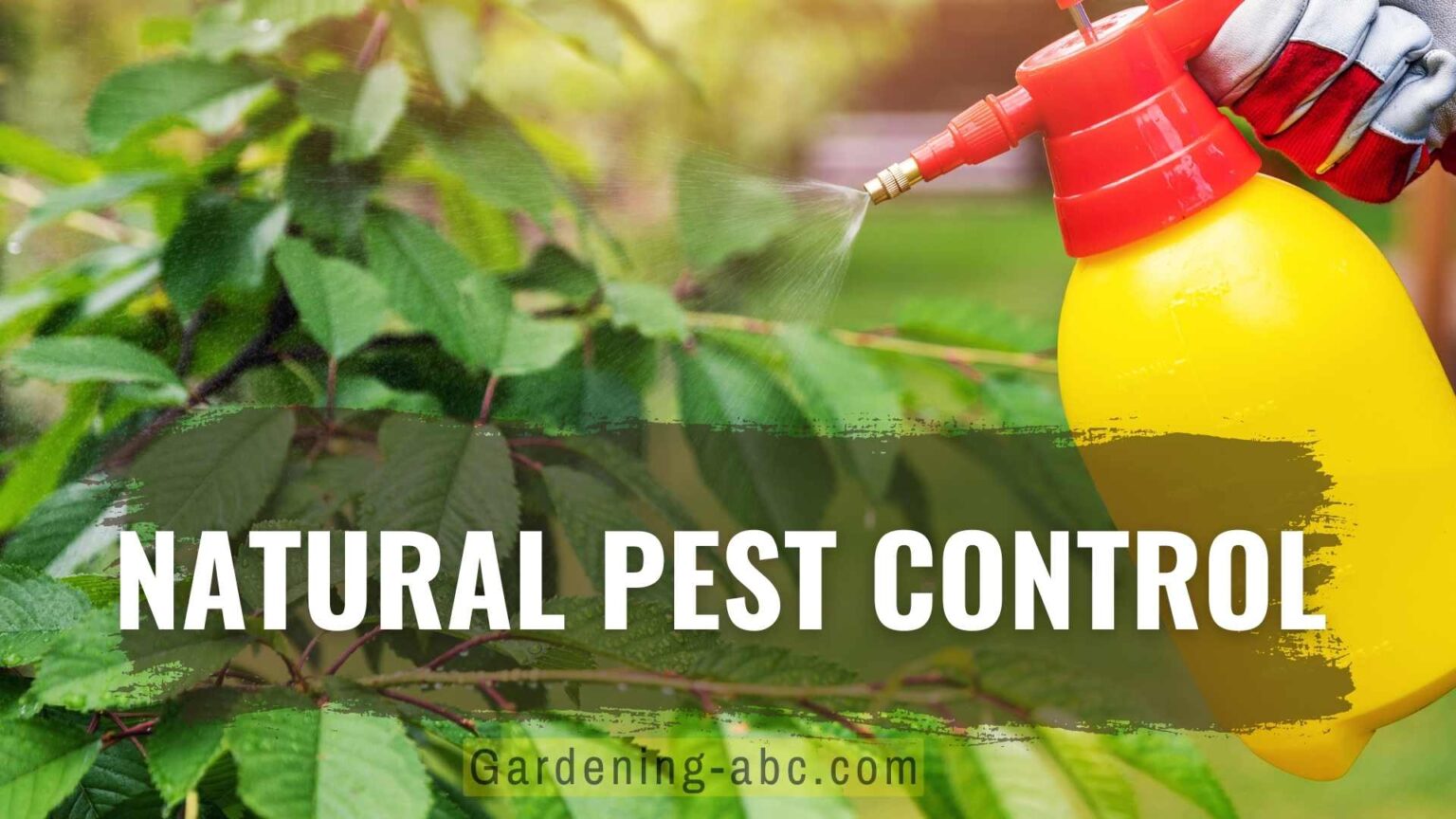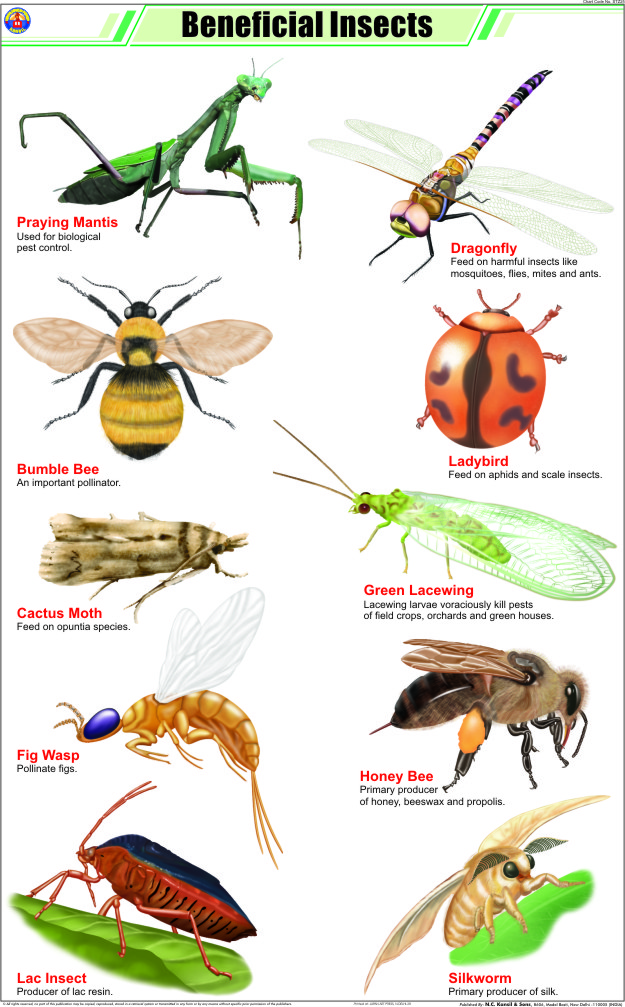How to Use Natural Pest Control in Gardens: A Comprehensive Guide

Imagine your garden as a bustling city. Just like any metropolis, it has its share of unwanted visitors—pests. But instead of calling in the SWAT team with harsh chemicals, why not employ a more eco-friendly approach? Natural pest control methods for gardens can be just as effective, and they keep your green space safe and healthy. Let's dive into the world of organic pesticides, beneficial insects, companion planting, homemade remedies, and garden maintenance to create a harmonious ecosystem right in your backyard.
Understanding Natural Pest Control
Natural pest control is like using diplomacy instead of force. It's about working with nature, not against it. By understanding the life cycles and habits of pests, we can use natural predators, plants, and substances to keep them in check. This not only protects your garden but also supports biodiversity and reduces environmental impact.
Organic Pesticides: Nature's Arsenal
Organic pesticides are derived from natural sources like plants, minerals, and bacteria. They're less likely to harm beneficial insects and the environment compared to synthetic chemicals. Here are a few you should know about:
Neem Oil
Neem oil, extracted from the seeds of the neem tree, is a potent natural pesticide. It disrupts the life cycle of insects, making it difficult for them to grow and reproduce. It's effective against a wide range of pests, from aphids to whiteflies.
Diatomaceous Earth
Diatomaceous earth (DE) is a fine powder made from the fossilized remains of tiny aquatic organisms called diatoms. It works by physically damaging the exoskeletons of insects, causing them to dehydrate and die. DE is particularly useful against crawling insects like ants and beetles.
Bacillus Thuringiensis (Bt)
Bt is a naturally occurring bacterium that produces proteins toxic to certain insects, particularly caterpillars. It's highly specific, making it safe for beneficial insects and other wildlife.
Beneficial Insects: Your Garden's Allies
Beneficial insects are like your garden's secret service—they work quietly but effectively to keep pests at bay. Attracting these helpful critters can significantly reduce the need for pesticides.
Ladybugs
Ladybugs are voracious predators of aphids, mites, and other soft-bodied insects. A single ladybug can consume up to 5,000 aphids in its lifetime. You can attract ladybugs by planting dill, fennel, and yarrow.
Lacewings
Lacewings are elegant insects with lace-like wings. Their larvae, known as "aphid lions," feed on aphids, mites, and other small insects. Attract lacewings with plants like cosmos, coreopsis, and angelica.
Praying Mantises
Praying mantises are generalist predators, feeding on a variety of insects, including both pests and beneficial species. They're fascinating to watch and can be attracted with tall grasses and shrubs where they can lay their eggs.
Companion Planting: Strategic Gardening
Companion planting is like setting up a strategic alliance in your garden. Certain plants, when grown together, can deter pests, improve soil health, and even enhance the flavor of crops.
Marigolds
Marigolds contain a substance called thiopene, which helps to deter nematodes (microscopic worms) that can damage plant roots. Plant marigolds near tomatoes, potatoes, and roses to protect them from these pests.
Mint
Mint is a powerful pest repellent. The strong aroma can deter ants, rodents, and even some flying insects. Plant mint in pots around your garden to keep pests away.
Nasturtiums
Nasturtiums are a trap crop, meaning they attract pests like aphids and whiteflies away from your other plants. They also release a chemical into the soil that deters some pests and can improve the growth of nearby plants.
Homemade Remedies: DIY Pest Control
Homemade remedies are a cost-effective and eco-friendly way to control pests. Here are a few simple recipes you can try:
Garlic Spray
Garlic has strong antibacterial and antifungal properties. To make a garlic spray, blend 3-4 cloves of garlic with a small amount of water, then strain the mixture into a spray bottle. Add a teaspoon of dish soap and fill the bottle with water. This spray can deter a variety of pests, including aphids and whiteflies.
Soap Spray
Insecticidal soap is a simple and effective homemade remedy. Mix 1-2 tablespoons of liquid dish soap with a quart of water in a spray bottle. The soap disrupts the cell membranes of soft-bodied insects, causing them to dehydrate and die.
Chili Pepper Spray
Chili peppers contain capsaicin, a compound that can deter a variety of pests. Blend a handful of hot peppers with a small amount of water, then strain the mixture into a spray bottle. Add a teaspoon of dish soap and fill the bottle with water. This spray can be used to deter everything from aphids to rabbits.
Garden Maintenance: Keeping Your Garden Healthy
Regular garden maintenance is like preventive healthcare for your plants. A healthy garden is less likely to be plagued by pests and diseases.
Crop Rotation
Crop rotation is the practice of planting different crops in different areas of your garden each year. This helps to prevent the buildup of pests and diseases in the soil.
Regular Pruning
Regular pruning helps to keep your plants healthy and strong. Remove dead or diseased leaves and branches to prevent the spread of pests and diseases.
Mulching
Mulching helps to retain soil moisture, suppress weeds, and regulate soil temperature. Organic mulches, like straw or wood chips, can also improve soil health and attract beneficial insects.
Conclusion: Embrace the Natural Way
Natural pest control methods for gardens are not just about controlling pests—they're about creating a balanced ecosystem where plants, beneficial insects, and other wildlife can thrive. By using organic pesticides, attracting beneficial insects, practicing companion planting, trying homemade remedies, and maintaining your garden, you can create a beautiful, healthy, and sustainable green space.
So, are you ready to turn your garden into a thriving, pest-free oasis? Remember, nature is on your side. Embrace the natural way, and watch your garden flourish. Happy gardening!
FAQs
What are some common organic pesticides? Common organic pesticides include neem oil, diatomaceous earth, and Bacillus thuringiensis (Bt). These are derived from natural sources and are generally safer for the environment and beneficial insects.
How can I attract beneficial insects to my garden? You can attract beneficial insects by planting specific plants that they are drawn to. For example, ladybugs are attracted to dill, fennel, and yarrow, while lacewings prefer cosmos, coreopsis, and angelica.
What is companion planting? Companion planting is the practice of planting different crops in proximity for pest control, pollination, providing habitat for beneficial insects, maximizing use of space, and increasing crop productivity.
Are homemade pest control remedies effective? Yes, homemade remedies can be very effective. Garlic spray, soap spray, and chili pepper spray are simple and cost-effective ways to deter pests naturally.
Why is garden maintenance important for pest control? Regular garden maintenance helps keep plants healthy and strong, making them less susceptible to pests and diseases. Practices like crop rotation, pruning, and mulching can significantly reduce the need for pesticides.


0 Response to "How to Use Natural Pest Control in Gardens: A Comprehensive Guide"
Post a Comment